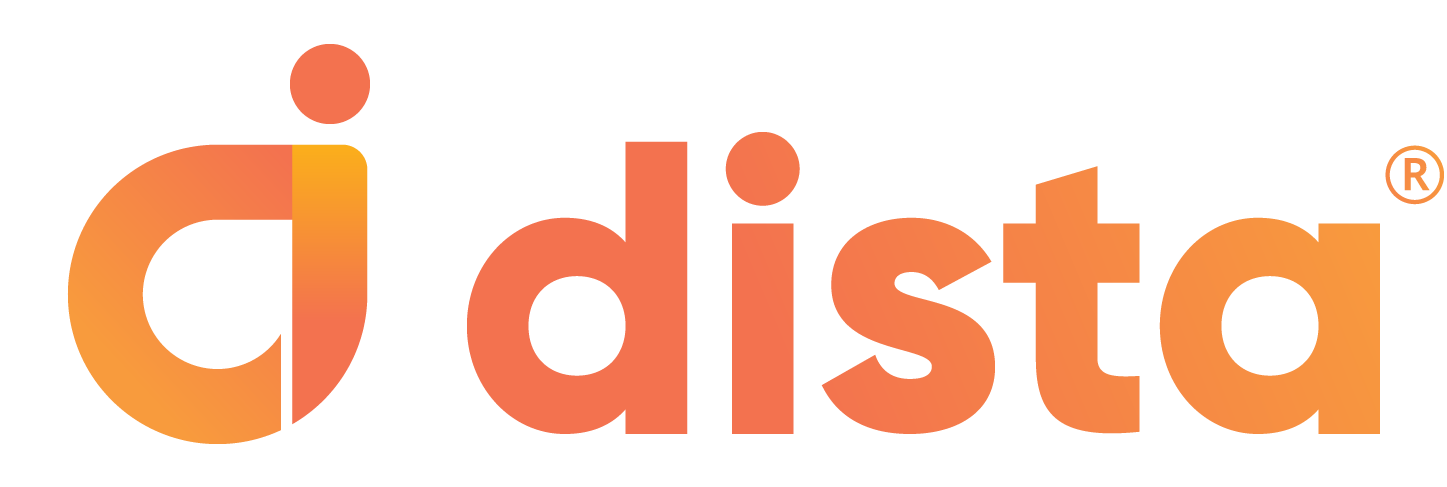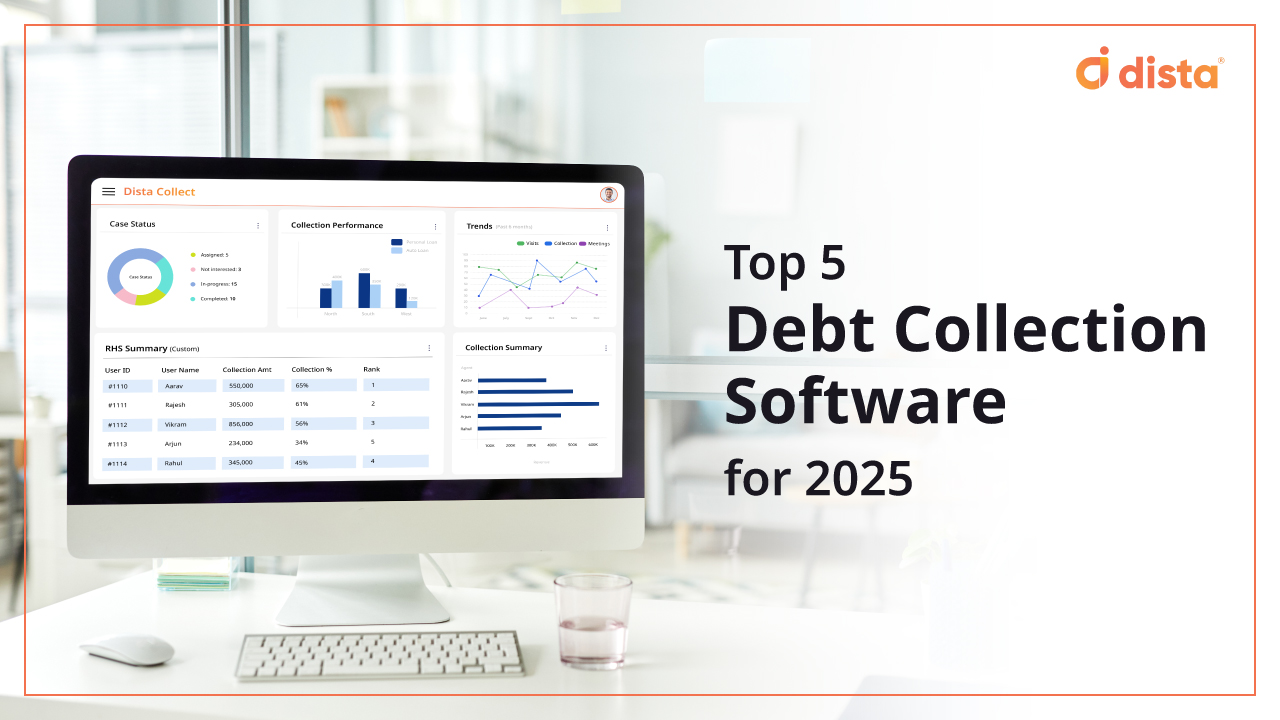Pharma companies like Serum Institute of India and Pfizer are gearing to roll out the COVID-19 vaccine. Emergency use authorization (EUA) and full approval of the vaccines have already been issued in India and other countries. However, companies are bracing themselves about mitigating the key challenges, including effective distribution, last-mile delivery, logistics, and infrastructure. Moreover, one of the biggest problems is storing the vaccine at super-low temperatures, as exposure to high temperatures affects their potency. Accessing remote regions and finding suitable cold storage for vaccines during the journey and on arrival will also be a daunting task.
Read more: The ultimate guide to location intelligence
Role of Location Intelligence and Last Mile Delivery COVID-19 Vaccine Distribution
Leveraging Location Intelligence
A vaccine finder tool powered by a location intelligence platform can help government agencies and healthcare institutions track all the hospitals, retail pharmacies, and clinics where the vaccine will be administered. They can use GIS mapping to locate frontline workers and healthcare providers, followed by the elderly to kickstart the vaccination. Authorities will also leverage mapping tools and GIS mapping software to identify rural and remote areas that are not easy to reach. GIS will be instrumental in helping to plan and implement efficient vaccine distribution.
Managing the Last Mile
Last mile carriers will be responsible for transporting and handling the vaccines at extremely low temperatures and tracking their movement from the manufacturers to the distribution centers and finally to the general public. Moreover, they will also play a critical role in the supply chain that delivers the necessary raw materials drug companies need to manufacture the vaccines. A robust last mile delivery platform will enable smooth orchestration of the supply chain involved for mass vaccination.
As the COVID-19 vaccines will require people taking two doses for full effect, there will be a need for roughly 15 billion doses globally. It is a remarkable achievement to create the vaccines; however, the logistical challenges of getting the vaccines to the people will be every bit as challenging as the scientific issues.
Also read: 11 Last Mile Delivery Trends for 2024
Fleet Tracking of Vaccine Carrier Vehicles
Authorities will also be able to manage, track, and monitor the vaccine vehicle carriers in real-time. A good fleet management software can offer the vehicle’s exact location and condition and the security signals in real-time. It can even share the ETA and warn about temperature excursions in advance. The right fleet management tool will also alert following safe delivery of vaccines using Electronic Proof of Delivery (ePOD) combined with sensor data. Features like route optimization and scheduling of vehicles will also help companies and authorities for a seamless vaccine delivery.
Also read: The ultimate guide to fleet management






